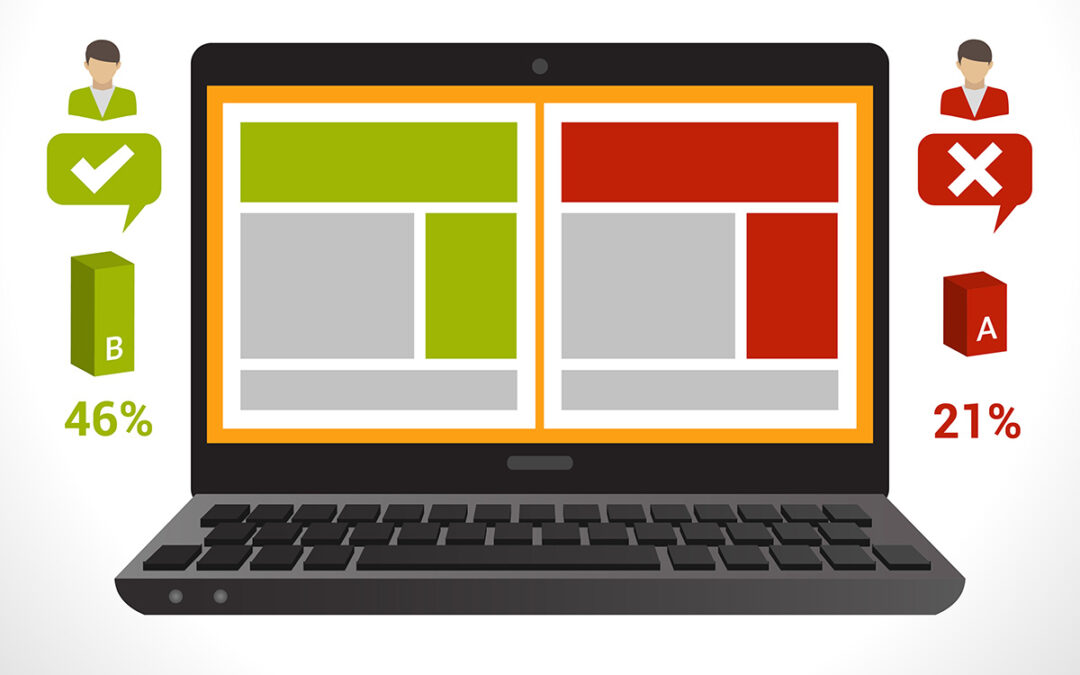As I was doing some research this week, I came across a few very pointed articles advising not to hire a web designer. The primary point was that there are a plethora of DIY options available. After all, why pay for someone else to create a site for you when you can do it yourself?
You absolutely can set up a website yourself (inexpensively, too), there are dozens of tools to do it in a matter of a few hours at most. Wix, Squarespace, and Shopify to name just a few. You do not have to be a professional or know a single line of code to set up your own space on the web. And I think that’s a good thing. There are folks out there who can benefit from these solutions, whether they are experimenting with design, working on a personal project, or need a quick and affordable web presence to get started.
With the number of inexpensive alternatives out there, it’s pretty easy to understand why there are so many articles with a bleak outlook on the field of professional web design. The field has radically changed in a short period of time. As a web designer, I think my job is still as important and relevant for businesses as it was in the early 2000s and before. You might be asking, “why?” Especially because we often distill web design down to the appearance of pages on a site. And almost anyone can create pages that are aesthetically pleasing with the easy-to-use tools out there. However, what goes into building a website is a lot more complicated than just the pages that appear in a browser. Web designers still bring much-needed experience and skills to website production that could otherwise easily be missed.
There are a lot of good reasons to hire a web designer for a business website of any size including strategic planning, quality testing, user-oriented design, complex functions, specialized consulting, and more, but I’m going to focus on three that may not be readily apparent*.
1. Knowledge of Best Practices
Best practices is a broad term and there is a lot to unpack when it comes to producing a new website- a little too much to go over an exhaustive list, but basically, web designers have a responsibility to know the industry standards and ensure their client’s site is configured correctly. This includes several important steps that can often go unnoticed by website visitors. Web designers frequently handle details ranging from proper SSL configuration and adding privacy policies to making sure any images used are properly licensed with relevant alt text.
2. Optimizing Your Site
Optimization is another pretty general term that is applied to web design in multiple ways- it can be used to describe delivering images and pages the best way possible, ongoing software updates, crafting page content to be indexed by search engines, and so on. In a nutshell, optimizing your site means making it work as well as it possibly can, which can mean different things depending on the goals you have for your website.
Most folks with a website want it to be optimized in multiple ways including speed, functionality, and its ability to be indexed by search engines. This process can be a bit overwhelming for people who are building their first website. DIY websites can sometimes suffer from slow loading times, software bloat, and content that is difficult for search engines to index. Web designers are very familiar with the challenges of optimizing a site. As a result, most of us work with a trusted toolset and incorporate optimization into our workflow.
3. Connections
Producing a quality website is rarely a one-person job from start to finish. Most websites and their marketing plans are comprised of multiple aspects that stretch well beyond the site setup. These elements require specialized help like logo design, copywriting, SEO strategy, social media marketing, etc. While doing all of this yourself is technically possible, it requires a lot of time, effort, and patience. When it comes to these tasks, you may want an extra set of hands (or five).
Many experienced freelance web designers function as micro agencies, which means that they are part of a small network of freelancers. For instance, I am affiliated with Social B. Creative. Networking with other creative, dependable professionals is essential for freelancers who take on multifaceted projects. This networking benefits our clients too as they end up with access to a vetted team of professionals with specialized knowledge, almost always at a lower cost than a traditional agency.
Should You Hire A Web Designer?
While hiring a professional web designer can have a lot of benefits for businesses, there are instances when creating your own website is not a bad thing. It is a process with a learning curve, but a lot of business owners get started with a self-made site. Like any major business decision, getting the most out of either option requires time, research, and a clear understanding of your goals.
* Important note: not every web designer has the same standards or benefits. The advantages I am listing are standards I hold myself to and are generally accepted throughout the industry. I always recommend researching thoroughly before building your own site or choosing to work with someone!




